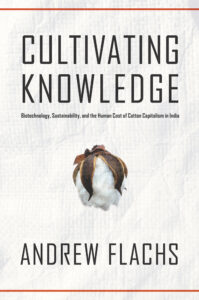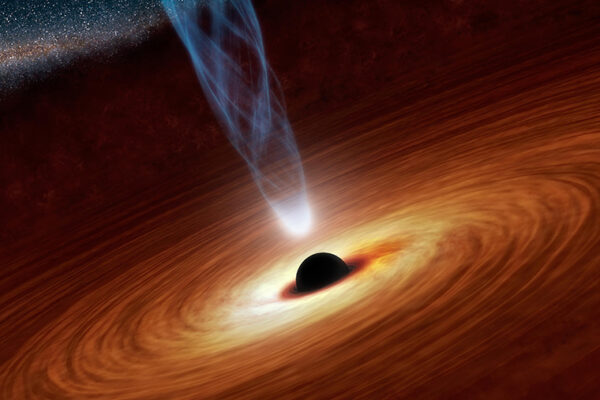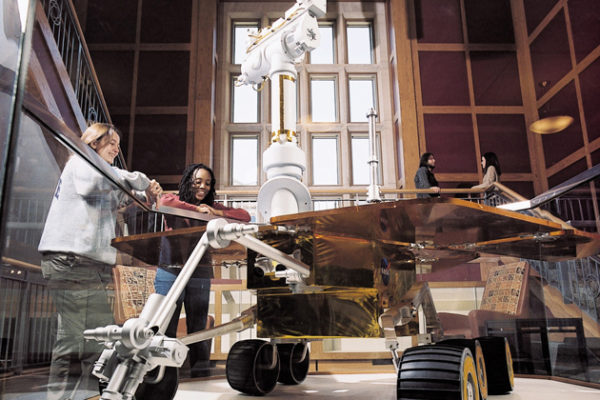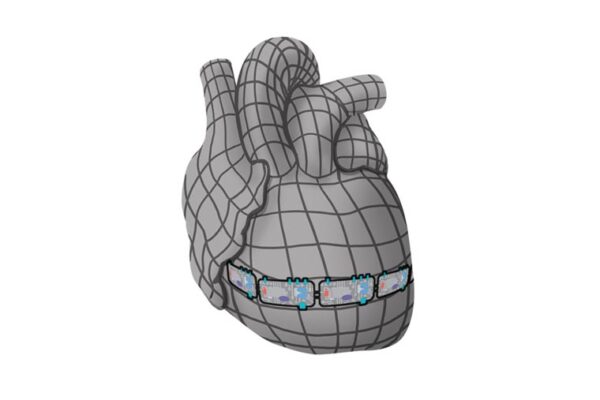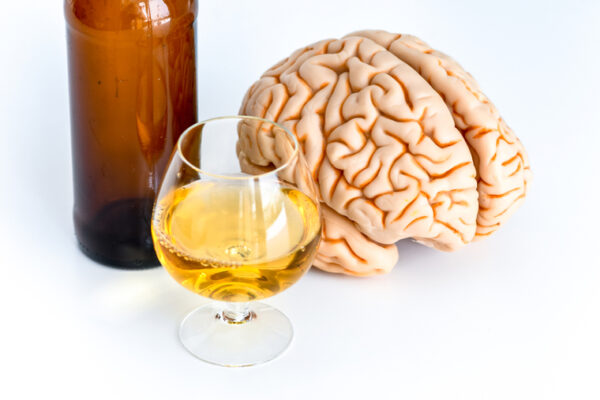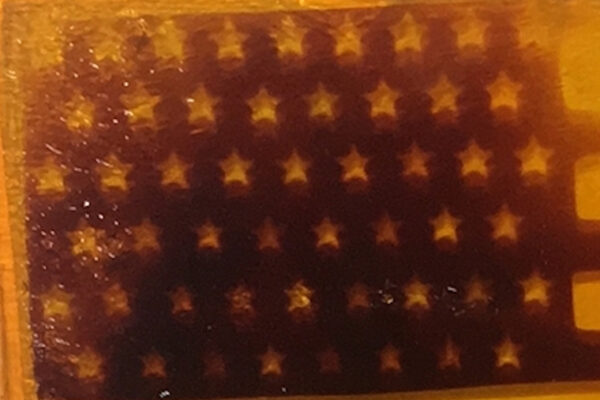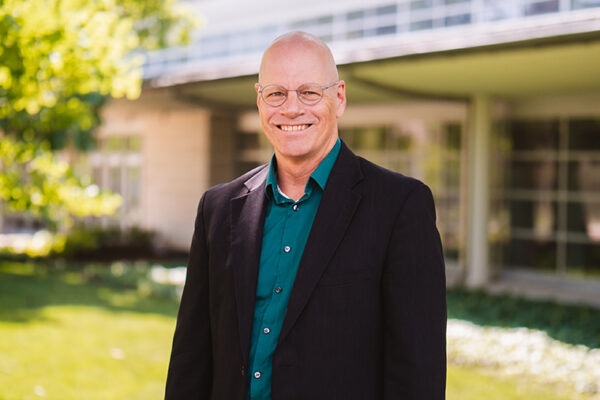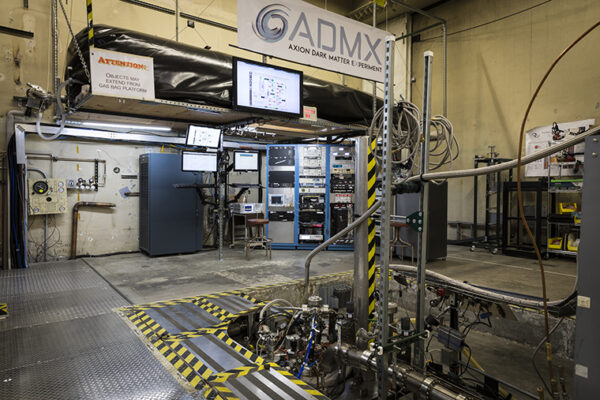Cultivating Knowledge
Biotechnology, Sustainability, and the Human Cost of Cotton Capitalism in India
In Cultivating Knowledge, anthropologist Andrew Flachs shows how rural farmers come to plant genetically modified or certified-organic cotton, sometimes during moments of agrarian crisis.
Kip Thorne explores the ‘warped side’ of the universe
Nobel laureate Kip Thorne will visit Washington University to deliver a public talk on Thursday, Nov. 7. Thorne’s work in theoretical physics examines gravitational waves, the Big Bang and what these phenomena tell us about the dynamics of the universe.
Arvidson, rover team recognized by National Space Club
The team that worked on the Mars exploration rovers Spirit and Opportunity received the Distinguished Science Award from the Huntsville, Ala., chapter of the National Space Club. The award recognizes outstanding contributions in research and discovery that expand knowledge and understanding of space. Raymond Arvidson, the James S. McDonnell Distinguished University Professor in Arts & Sciences, is the mission’s deputy principal investigator.
New model of irregular heartbeat could boost drug efficacy
Jonathan Silva, a biomedical engineer in the McKelvey School of Engineering at Washington University in St. Louis, has developed the first computational model that shows the molecular groundwork of a popular drug’s effectiveness in a variety of ways.
Which came first: brain size or drinking propensity?
Contrary to the belief that drinking can literally shrink one’s brain, a new study that includes researchers from Arts & Sciences suggests that a small brain might be a risk factor for heavier alcohol consumption.
New photo-responsive hydrogels developed with eye on biomedical applications
Researchers in Jonathan Barnes’ laboratory in Arts & Sciences have developed a new light-sensitive hydrogel with improved biocompatibility compared with similar materials. Down the line, these materials may be particularly suited for medical uses like prosthetics or transplantable organs.
Moeller recognized for excellence in organic chemistry
Kevin Moeller, professor of chemistry in Arts & Sciences, will receive a 2020 Arthur C. Cope Scholar Award for excellence in organic chemistry. The Cope Scholar Award is a national award sponsored by the Arthur C. Cope Fund and administered by the American Chemical Society. Only 10 recipients each year receive the award.
WashU Expert: This year, let’s make standard time permanent
A Washington University in St. Louis expert on circadian rhythms says the country should be on standard time permanently. The science behind the choice is clear: standard time is better in terms of sleep, cardiac function, weight, cancer risk and alcohol and tobacco consumption.
DOE funds new physics research in dark matter
While evidence for dark matter is strong, the nature of dark matter has remained a mystery. James H. Buckley, professor of physics in Arts & Sciences, is part of a research team searching for axions — very light, invisible particles streaming through the cosmos.
When WiFi is weak, send noise instead
WiFi protocols have a limit to how little data will be transmitted, after which, communication is cut off. Now researchers, including the McKelvey School of Engineering’s Neil Patwari, have found a way around this limitation.
Older Stories
